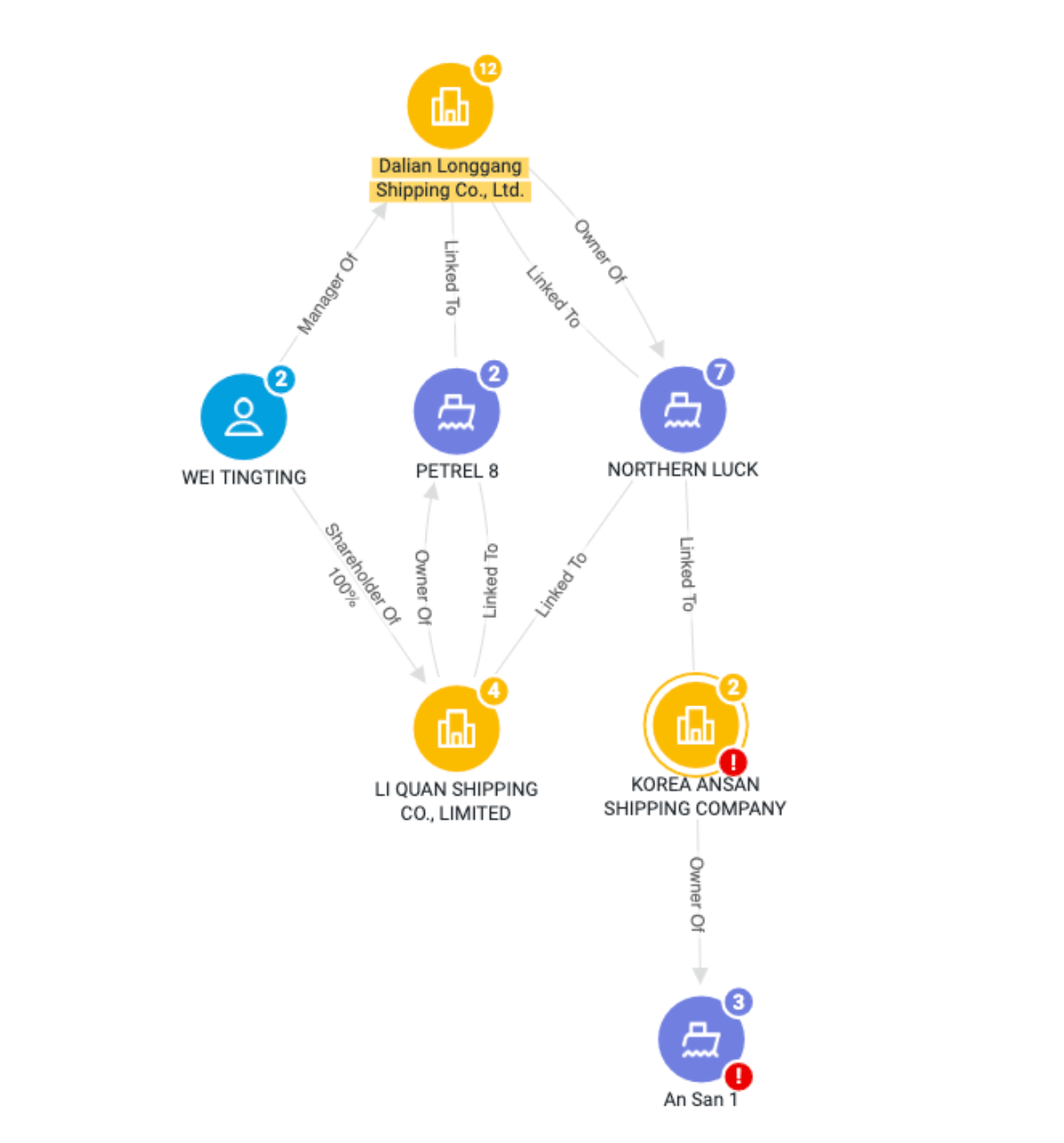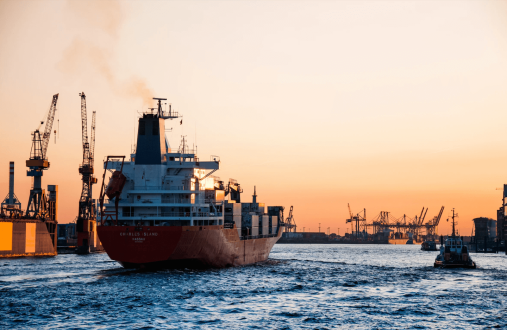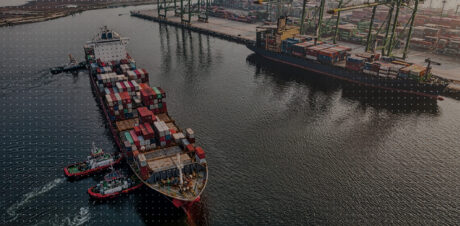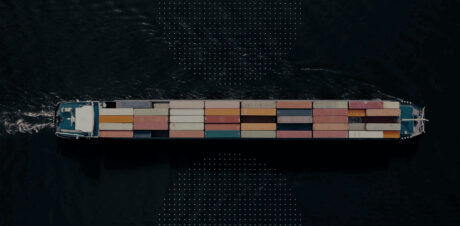A joint investigation by NK Pro and the Royal United Services Institute’s (RUSI) Project Sandstone revealed in July that North Korean-flagged vessels have returned to pre-pandemic levels of coal smuggling activities using a busy maritime route between the Democratic People’s Republic of Korea (DPRK) and China. Satellite imagery and Automatic Identification System (AIS) ship tracking data showed that at least 17 vessels have recently engaged in the ship-to-ship transfer of coal.
To date, only four of the 17 DPRK-flagged vessels mentioned in the investigation have been sanctioned by the United Nations (UN) Security Council and/or the U.S. Department of the Treasury’s Office of Foreign Assets Control (OFAC).
Using public records, we found that the owner of one of the 17 ships — Northern Luck — is indirectly tied to two additional shipping companies based out of Hong Kong. One of the Hong Kong companies owns a ship that has been sanctioned by the UN Security Council.
Using Chinese maritime routes and deceptive shipping tactics to avoid sanctions
Since 2006, the UN has imposed sanctions on the DPRK for the country’s nuclear and ballistic missile activities that violate UN Security Council resolutions and the Non-Proliferation of Nuclear Weapons Treaty. Some of these sanctions limit the DPRK’s trade of specific commodities, such as coal, because of historical evidence of the country using the revenues obtained from its sale to expand such programs.
Other UN member states, such as the U.S., have followed with sanctions of their own and other actions in order to halt the DPRK’s nuclear and ballistic missile programs development. In 2019, the U.S. government issued a North Korea Sanctions Advisory which provides guidance on how to mitigate the risk of involvement with these vessels’ illicit practices. Some of the ships identified in the NK Pro and RUSI joint investigation that haven’t been sanctioned, also appear in the advisory as DPRK vessels capable of engaging in illicit ship-to-ship transfers of petroleum.
Despite sanctions, the DPRK has continued to engage in the illicit trade of coal and/or other sanctioned commodities. The DPRK-flagged vessels that carry out this illicit activity use several tactics to obscure their identity, including transmitting false AIS data, transmitting under false or abbreviated vessel names, and using Maritime Mobile Service Identity (MMSI) numbers associated with flag registries other than that of North Korea.
DPRK-flagged vessels have long used the Zhoushan route through Zhejiang, China to engage in the ship-to-ship transfer of coal to Chinese barges and lighters at sea. The vessels have also been spotted delivering coal and possibly other commodities to several Chinese islands located in the South China sea.
The Zhoushan route is one of the busiest shipping routes in China and some of the DPRK vessels that sail to the region are obligated to turn on their AIS signals to avoid accidents or collisions, presenting an opportunity to be identified as DPRK-flagged vessels. However, identifying the vessels as DPRK ships is just one step in identifying the ultimate owner and/or controller. Public records can help trace a vessel’s true identity by allowing interested parties to verify and understand ownership, management, and business activities.
Identifying Northern Luck’s ownership and control network
We used public records to map out the ownership and control network of Northern Luck, one of the ships in the group of vessels that has not been sanctioned.
Northern Luck is indirectly linked to two Hong Kong-based shipping companies along with two sanctioned vessels. And from the group of 13 vessels identified in the aforementioned report that haven’t been sanctioned, Northern Luck is the only one owned by a Chinese company. The majority of the remaining non-sanctioned vessels are owned by North Korea-based entities.
Additionally, a North Korean entity — Korea Ansan Shipping Company — has been listed as Northern Luck’s ISM, commercial, and ship manager since 2016. Korea Ansan is also the owner of a chemical tanker vessel, An San 1. OFAC sanctioned Korea Ansan and An San 1 in 2018 “for operating in the transportation industry in North Korea.”
Dalian Longgang Shipping Co., Ltd. is the current registered owner of Northern Luck, according to ship records from Equasis, a vessel ownership and management registry. The China-based company specializes in international and domestic maritime, land, and air cargo transportation services, coal sales, and import and export of goods, as described in the company’s official business scope. Dalian Longgang was also the registered owner of a now-sanctioned vessel, Kum Song 3, from 2004 through 2015. OFAC sanctioned Kum Song 3 in 2017 for allegedly conducting deceptive shipping practices and participating in the ship-to-ship transfer of sanctioned commodities.
Related parties with connections to other shipping companies
Dalian Longgang’s shipping network extends beyond previously owning a sanctioned vessel. The company currently serves as the ISM manager of Petrel 8, a vessel that was sanctioned by the UN in 2017 and that was previously identified in the U.S. sanctions advisory for its possible role in exporting North Korean coal since 2017.
Dalian Longgang’s current manager is a Chinese national named Wei Ting Ting. Ting is the director and 100 percent shareholder of two Hong Kong-based shipping companies, Li Quan Shipping Co., Ltd. and Yuan Hong Shipping Co., Limited, according to the Hong Kong Companies Registry.
Li Quan Shipping was Northern Luck’s ship/commercial manager and ISM manager in 2016, before transferring ownership and management to Dalian Longgang and Korea Ansan Shipping, respectively.
Li Quan Shipping is currently the registered owner — as well as the ship/commercial manager — of Petrel 8.

Fig.1: Sayari Graph snapshot of Northern Luck’s ownership network.
Li Quan Shipping’s relationship to Dalian Longgang via a shared manager, paired with its role as the owner and ship/commercial manager of a UN-sanctioned vessel, suggest that this entity could also potentially be involved in the illicit DPRK coal trade, or sanctions evasion schemes more broadly.
Additionally, Yuan Hong Shipping’s similar connection to Dalian Longgang via a shared manager, suggests that this company could also be involved in the illicit coal trade or broader sanctions evasion schemes in general. The company is not currently associated with any vessels, but given its current indirect corporate relationship to Dalian Longgang, any ships that the company owns or controls in the future would also be risk relevant.



